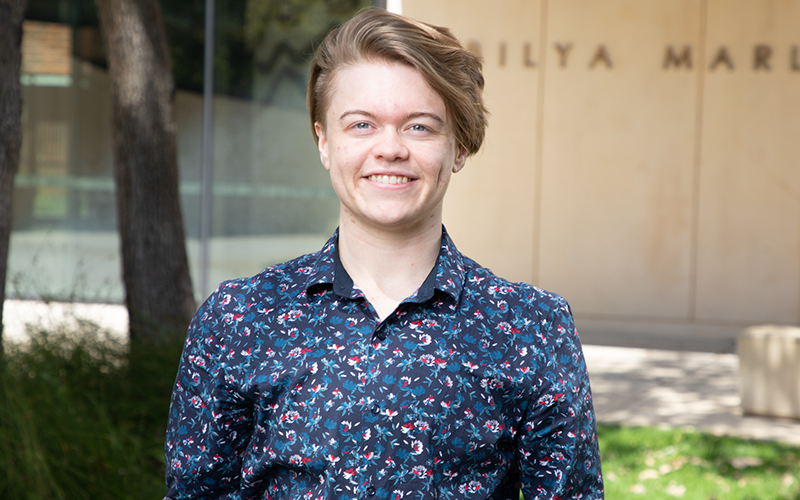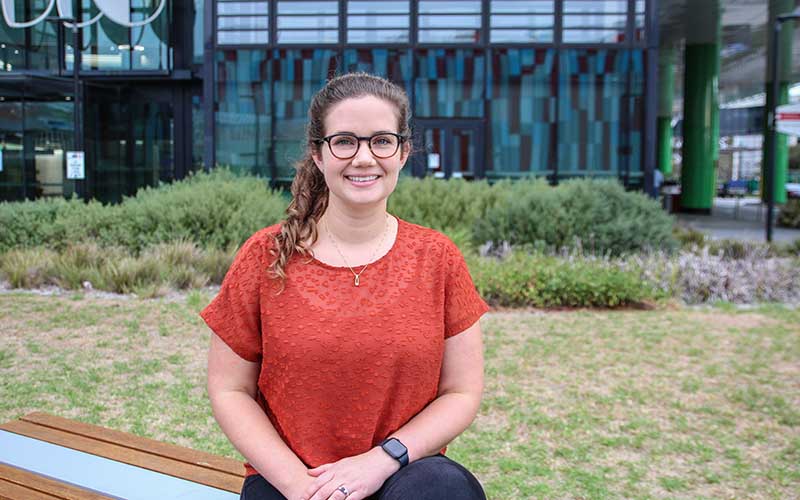Search
Research
Is it still correct to differentiate between early and very early onset psychosis?Larger samples of patients are needed to better understand if the differentiation between very early onset psychosis and early onset psychosis is justified
Research
Discrete alterations of brain network structural covariance in individuals at ultra-high risk for psychosis.The aim of the present study was to investigate whole-brain structural covariance patterns of eight large-scale networks in young people identified as...
Research
Discrete Alterations of Brain Network Structural Covariance in Individuals at Ultra-High Risk for PsychosisWhole-brain structural covariance analyses revealed subtle changes of connectivity of the default-mode, executive control, salience, motor, and auditory networks in UHR individuals for psychosis

News & Events
Premier’s Science Awards finalists recognised for work in physical activity, cancer and mental healthFour The Kids Research Institute Australia researchers from a diverse range of fields have been named as finalists for the prestigious 2022 Premier’s Science Awards.

News & Events
Youth mental health researcher named joint Shell Aboriginal STEM Student of the YearYouth mental health researcher named joint winner of the Shell Aboriginal STEM Student of the Year category at the 2022 Western Australian Premier’s Science Awards.

News & Events
Anaesthesia, suicide prevention and rare disease research supported by Telethon 2022The generous support of West Australians through Channel 7’s Telethon Trust will help support vital child health research at The Kids Research Institute Australia in 2023.

News & Events
The Kids researchers named as finalists in 2023 Premier’s Science AwardsFive The Kids Research Institute Australia researchers working across diverse and highly impactful areas of child health research have been named as finalists for the 2023 Premier’s Science Awards.

News & Events
Self-Compassion in the wake of COVID-19 lockdownWith COVID-19 restrictions starting to lift and families resuming some level of ‘normal life’, it is natural to have mixed feeling during this time, says The Kids mental health researcher.

News & Events
New project to train homeless young people as suicide-alert helpersUp to 50 homeless young people will be provided with training to help them recognise suicidal behaviour and make referrals to potentially life-saving resources, thanks to a grant from Suicide Prevention Australia.

News & Events
Fellowship paves way for world-first LGBTQA+ suicide prevention initiativeDr Penelope Strauss will use a prestigious Post-Doctoral Fellowship from Suicide Prevention Australia to develop and trial a world-first intervention.
